
Plastic pollution is doing terrible damage to marine life and our wider environment.
Many of us feel shocked enough to want to fix the problem. But with so much plastic everywhere, where do you start?
Our homes tend to be bursting with plastic, and huge amounts of it ends up in the sea. So let’s look at everyday plastics that contribute most to the problem – and what we can do about them.
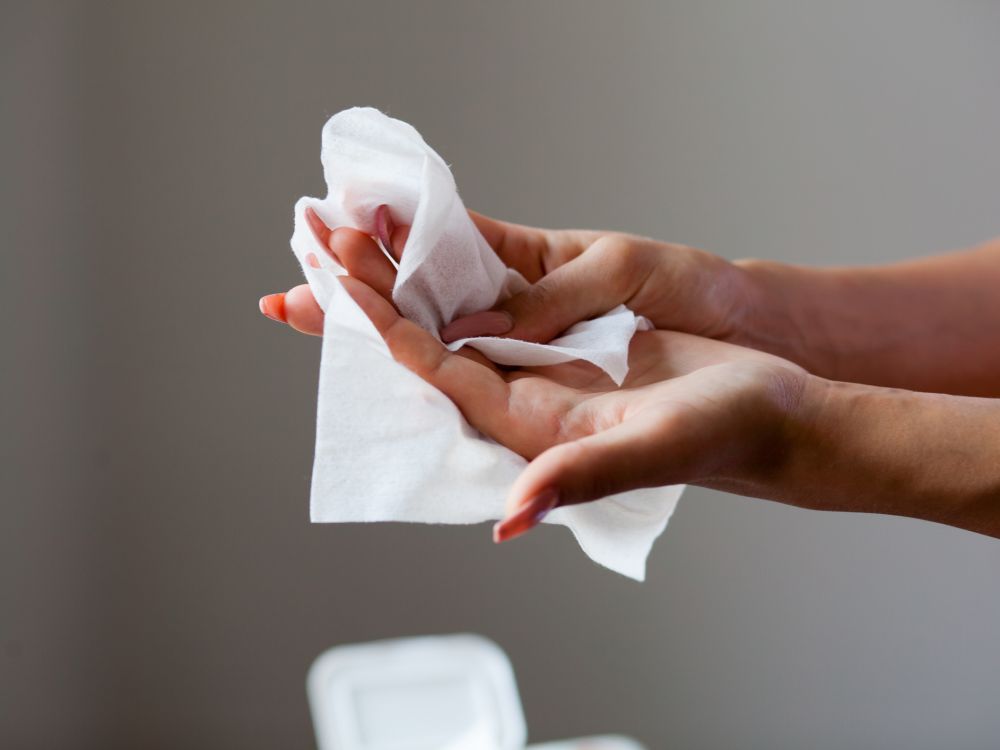
Wet wipes: fatbergs in a sewer near you

Your donation will help grow our grassroots network that's dedicated to protecting people and planet.
Join us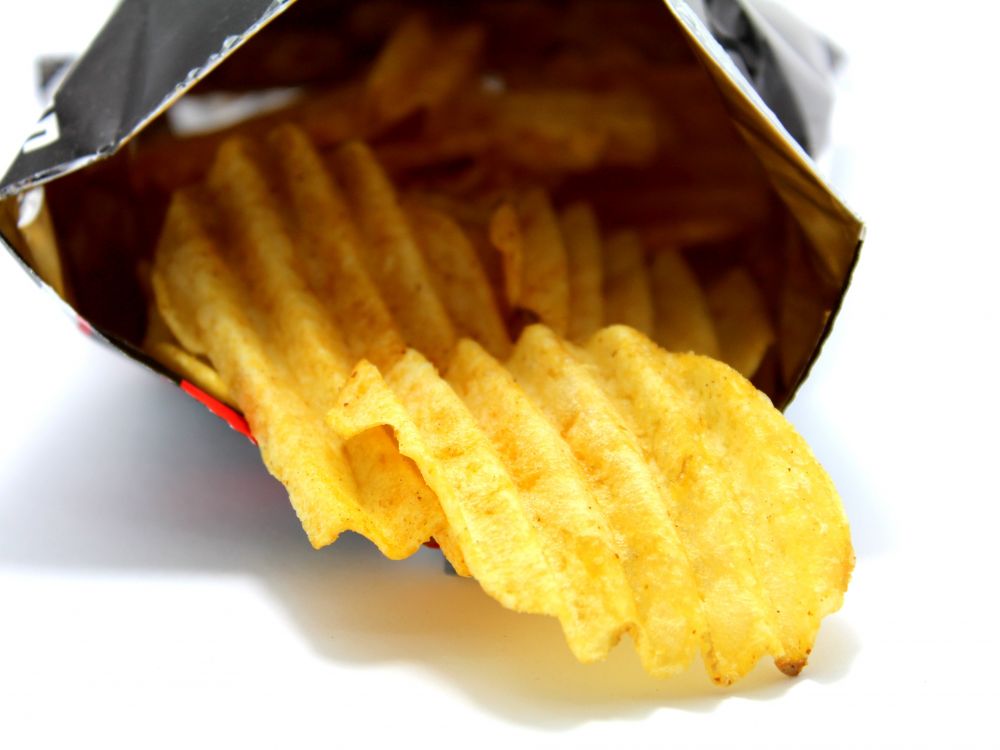
Crisp packets: plastic-free snacking

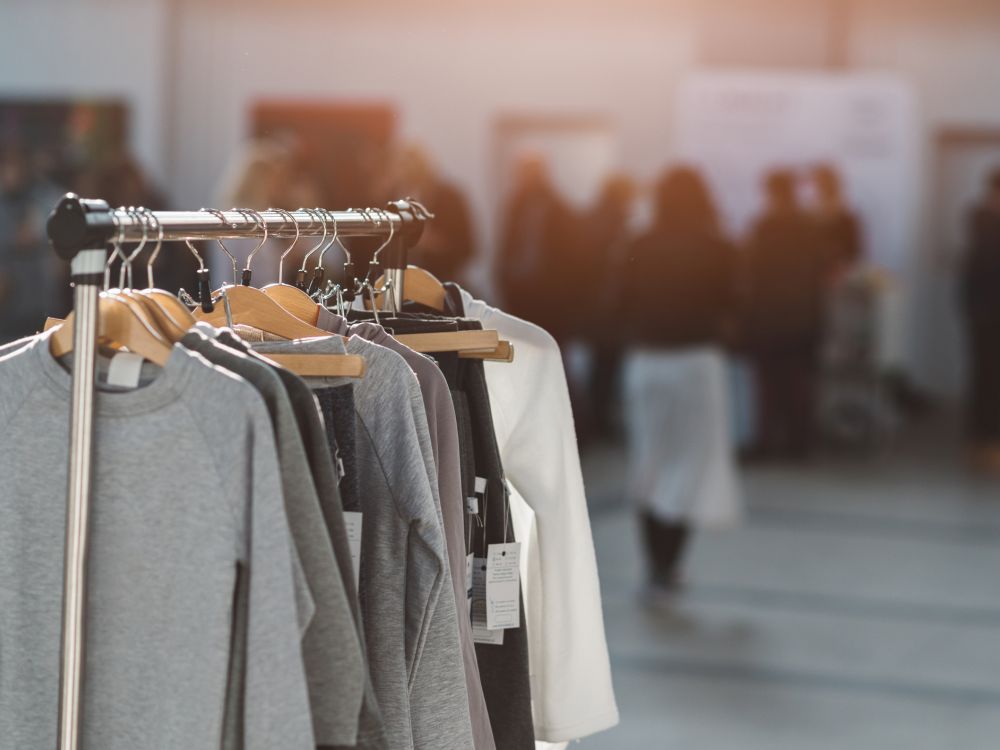
Clothes and microfibres

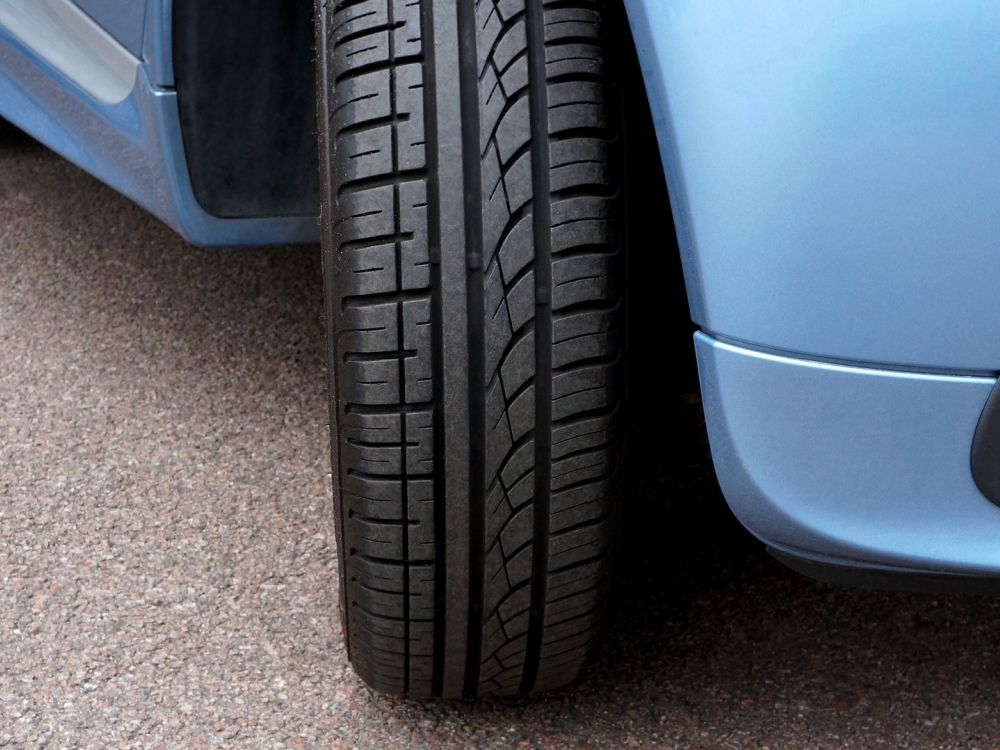
Tyre microplastics: from road to sea

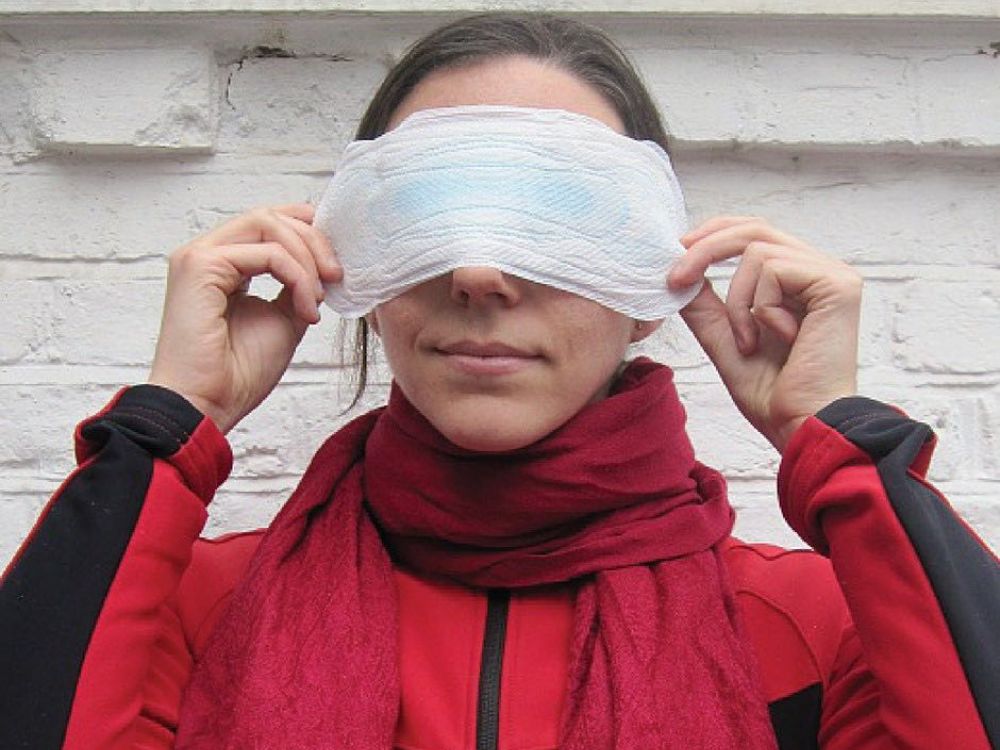
Menstrual products: plastic-free periods

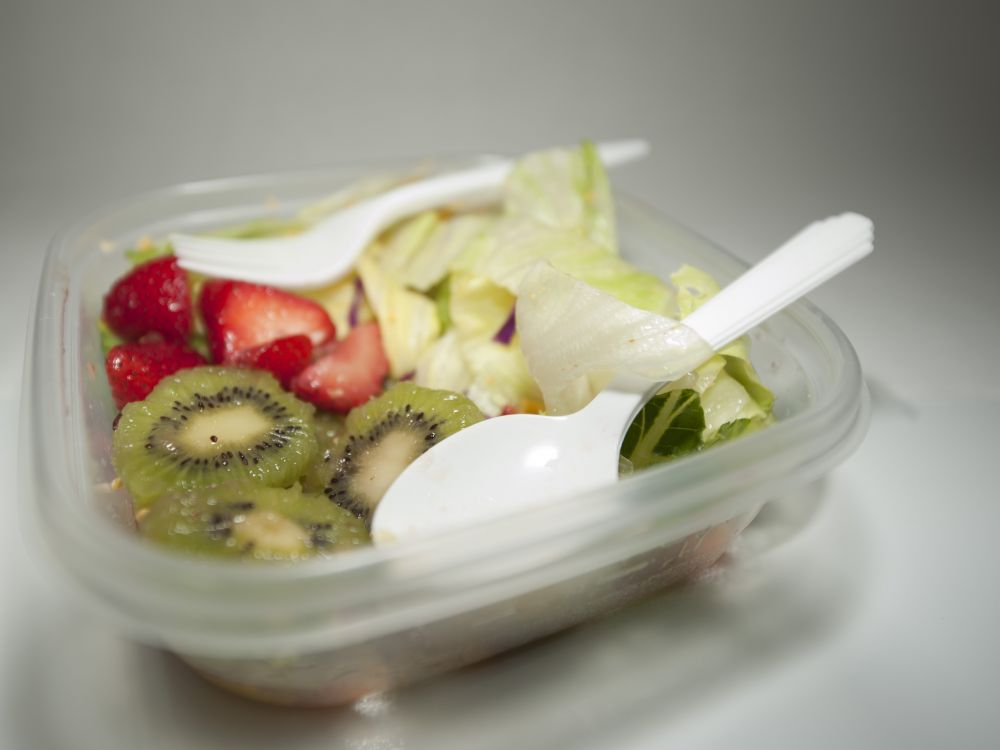
Plastic takeaway cutlery


Cosmetics: skincare without plastic

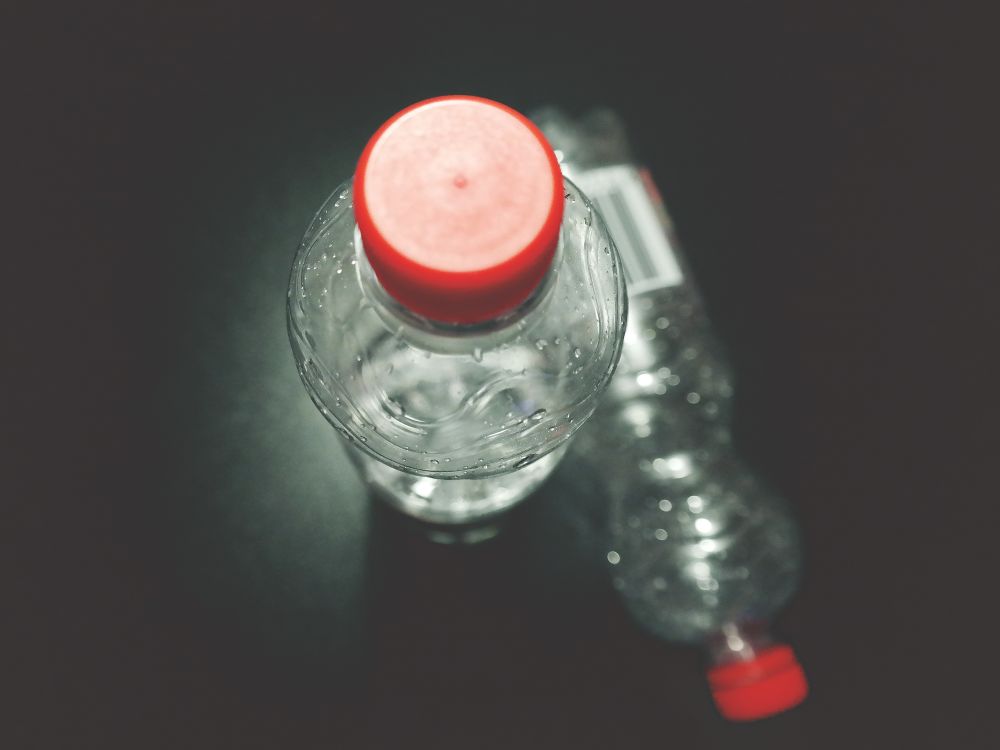
Plastic water bottles: bring your own instead




